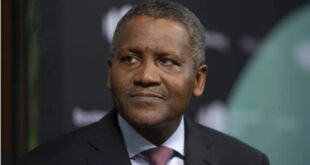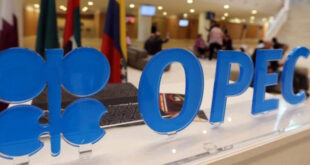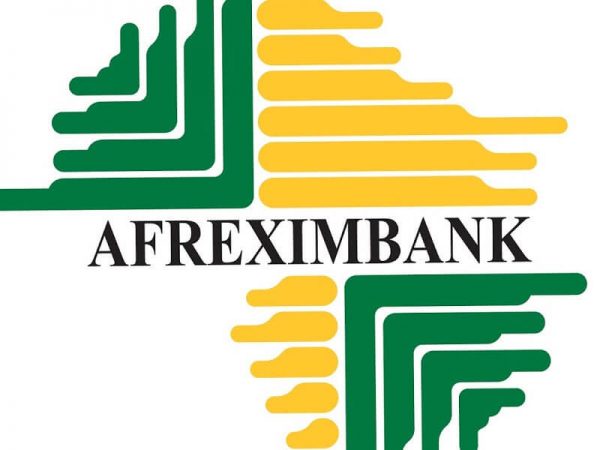
Despite unmet metering gaps to over six million customers/households, some electricity Distribution Companies (DisCos) have begun to inform customers that tariff will rise from July 1, following approval from the regulator and the Nigerian Government.
With over six million Nigerian households still facing estimated billing, according to the latest data from the Nigerian Electricity Regulatory Commission (NERC), consumers will have to contend with additional costs from the increased price of prepaid meters over naira devaluation and new electricity tariff.
According to NERC’s quarterly report for the fourth quarter (Q4) of 2019, inadequate metering remains a serious challenge in the industry, with only 3,918,322 (37.77%) of the total customer population of 10,374,597 are metered.
Also, the number of complaints on metering and billing increased significantly and still dominate the customer complaints during the quarter under review, with 23.37 per cent of the 177,807 complaints bordered on metering, while 27.13 per cent was on billing issues.

With 62.37% of the end-user customers on estimated billing, huge collection losses due to customer apathy have posed a serious challenge to the viability and sustainability of the industry.
NERC, had last year, launched the Meter Asset Providers (MAPs) policy to bridge the metering gap, but was only able to achieve 37.7 per cent progress at the end of December 2019.
The scheme transferred the cost of meters to consumers, but most people, who registered and made payment to DisCos and meter licensees, however, remain unmetered, even after NERC had said they must be metered within 10 working days.
Also, the increase in import duty on meters (from 15 per cent to 45 per cent), bottlenecks at the ports, and the outbreak of COVID-19 could further weaken the plan, especially with the bulk of the meters being imported from China.
NERC, in a letter to the DisCos and MAP, said the price of single-phase meters is now N44896.17 rather the previous N36,991.50, and customers applying for three-phase meters will now pay N82,855 instead of N67,055.
“In arriving at the approved unit costs, the commission has considered the recent changes in foreign exchange approved by the Central Bank and the applicable rates available to importers of meter components and/or fully assembled meters through the ‘Investors and Importers’ forex window,” NERC said.
On the increase in tariff, a notice from some Discos indicates that the new tariff will be implemented from next month.
Hitherto, NERC had capped the amount, otherwise known as estimated bills that distribution companies can charge unmetered consumers.
According to an order repealing existing billing regulations of 2012, NERC expressed concerns that the number of electricity consumers has risen to over 10 million within seven years, with about 52 per cent being invoiced on estimated billing.
NERC noted that the significant level of customer dissatisfaction arising from unrealistic estimated bills has also adversely impacted the market revenues as a consequence of customer apathy and declining willingness to settle invoices in full.
“Following the directive of the Nigerian Electrical Regulatory Commission (NERC), with the approval of the Federal Government, on the planned electricity tariff review which will take effect on July 1, 2020, the Enugu Electricity Distribution Company (EEDC), wishes to notify her esteemed customers of this development,” said a notice from EEDC.
“The Nigerian Electricity Regulatory Commission (NERC) last year approved an average of 30 percent increase in electricity price bands exempting customers with very limited consumption.”
EEDC said the tariff review is necessary since the government cannot fund its subsidy any longer.
“The new tariff is service reflective, so customer that enjoy premium services are expected to pay higher tariff based on the guaranteed hours of availability and service quality.
“However, there will be no tariff increase for those customers that have low level of supply and lower service quality. This is consistent with the feedback received from customers during the stakeholders’ consultations for extraordinary tariff review application organised by EEDC and NERC respectively in February and March this year,” EEDC said.
 MMS PLUS NG – Maritime, Aviation, Business, Oil and Gas News Online Newspaper with coverage in Maritime, Oil and Gas, Aviation, Power and Energy as well as Financial News
MMS PLUS NG – Maritime, Aviation, Business, Oil and Gas News Online Newspaper with coverage in Maritime, Oil and Gas, Aviation, Power and Energy as well as Financial News









